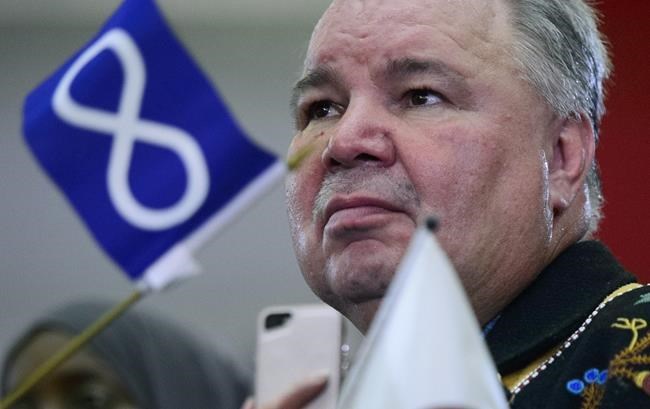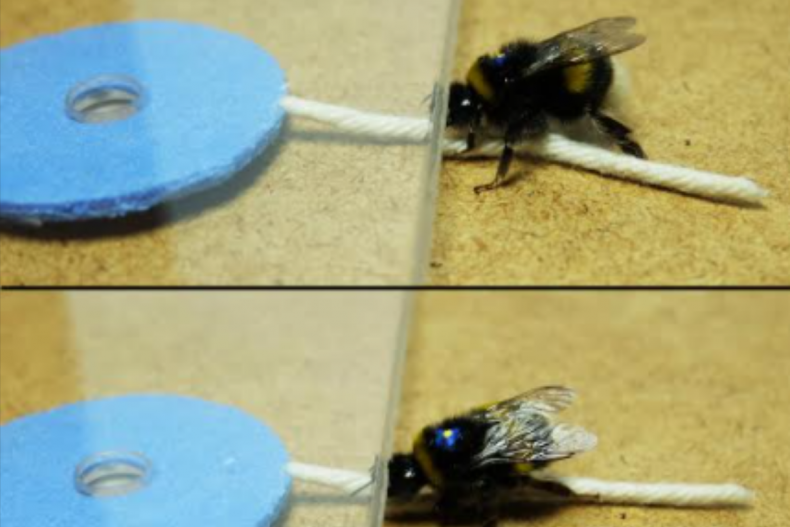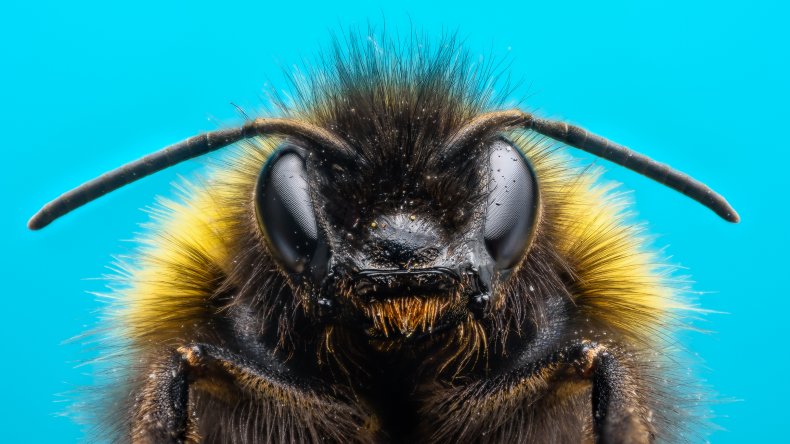Mandryk: Province needs plan to protect jobs at Evraz
Murray Mandryk

We need meaningful action to ensure profits from Evraz Steel are no longer benefitting Russian billionaire Roman Abramovich and other oligarchs who’ve propped up Vladimir Putin and his war on Ukraine.
What’s so far been proposed by NDP Leader Ryan Meili may be unworkable. That said, it’s arguably better than what’s been offered by the Saskatchewan Party government that has been sidestepping a messy, difficult situation.
As such, we shouldn’t simply dismiss what the NDP is suggesting. It’s at least a place to start.
“Do you own it for a period then discharge it? Do you own a controlling share and then sell it? Or, do you own it and continue to own it?” Meili said to reporters last week while calling for Abramovich to be cut off. “That really requires a deeper conversation.”
It surely does. This is no trifling matter. It requires rock-solid assurances we are not violating our corporate ownership laws, constitution and, frankly, the very democratic freedoms Putin aims to destroy in Ukraine. But we need to have this conversation. It’s absolutely necessary.
Meili’s comments came immediately after the United Kingdom announced on Thursday its own imposition of sanctions on oligarchs in England including Abramovich, who owns the Chelsea football team which is now restricted from signing players and selling tickets.
The move by the British has raised serious questions about the Russian billionaire’s assets here, which include 28.64 per cent of shares of Evraz. At least Abramovich owned the assets until Feb. 16 — eight days before the attack on Ukraine — when his shares were transferred to a holding company.
Premier Scott Moe offered his “full confidence” operations at the Regina steel mill are unaffected: “they are not connected but separate from the global and European operations.” The premier has no basis to say this.
Dealing with the Evraz situation now may be better than dealing with the aftermath — something that must also be realized by unions at Evraz, who are bristling at Canadian government sanctions.
“The Prime Minister says the sanctions will not impact domestic workers at Evraz and we will hold his feet to the fire to ensure Canadian workers will not be harmed by the sanctions imposed on Abramovich,” Scott Lunny, United Steelworkers Western Canadian director, said in a statement to media last week.
Evraz’s shares — suspended from trading Thursday — have been in free fall. Moe’s notion that Abramovich is just “a minority shareholder” and a statement from Evraz that Abramovich is not considered “a person exercising the effective control” are out of touch.
We need a plan. We need the provincial Ministry of Justice — in collaboration with the federal government — to seriously explore the options to deal with the Evraz asset in Regina and, thus, protect steelworkers’ jobs.
This could be an uncomfortable conversation, but tough decisions by this government are not unprecedented.
Brad Wall in 2010 took steps to stop the $38.5-billion BHP Billiton hostile takeover of the Potash Corporation of Saskatchewan.
Some argued such provincial interference would scare away international investment in the province, but BHP Billiton is now building the Jansen potash mine that is the largest in the world.
Unfortunately, the penchant of Moe and his version of the Sask. Party government is to play petty politics — especially when it comes to any suggestions from the NDP Opposition or anything the federal Liberal government does.
But as such, now would actually be the ideal time for Scott Moe to step in and show the kind of leadership we need right now.
Others besides Meili are also suggesting that we should consider freezing Abramovich’s assets in an open and transparent manner and ensuring Evraz profits go to Ukrainian relief aid. This shouldn’t even be partisan, given all assemblies are offering unanimous support for Ukraine.
This could be accomplished with party-support from all levels of government. It could save jobs at a company that could soon be in trouble.
It is time for Moe and his Sask. Party government to step up.
Mandryk is the political columnist for the Regina Leader-Post and the Saskatoon StarPhoenix.



 © Janet French/ CBC
© Janet French/ CBC





